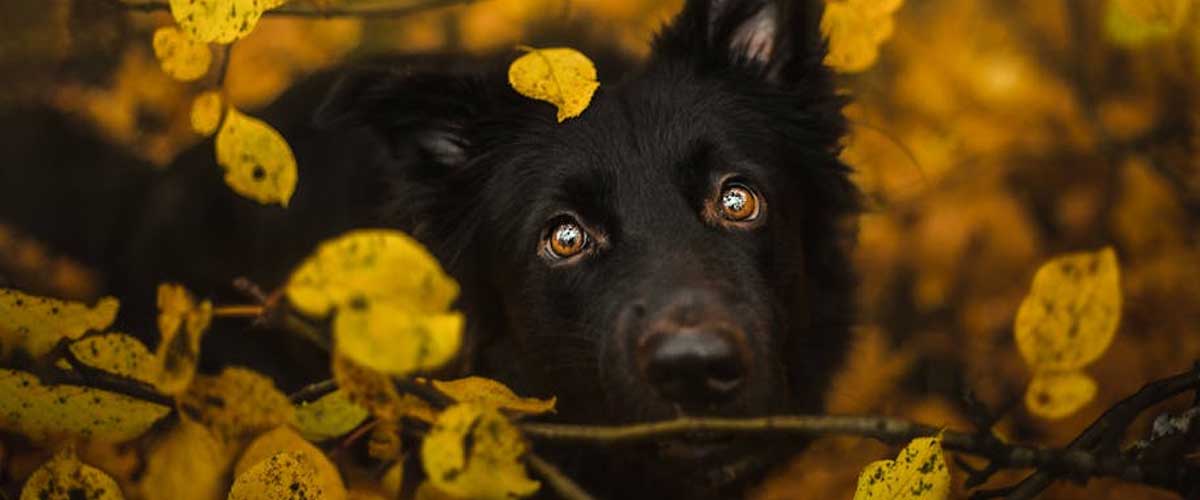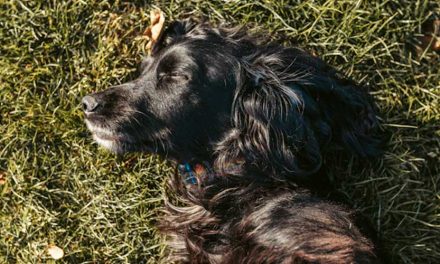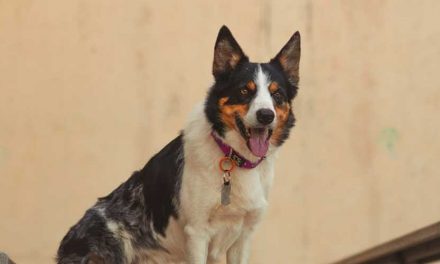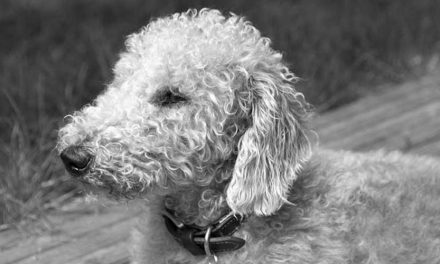The Dutch Shepherd dog is a remarkable breed known for its versatility, intelligence, and loyalty.
Originally developed in the Netherlands for herding sheep and cattle, this breed has become a beloved companion and family pet around the world.
History and Origins
The Dutch Shepherd’s history dates back to the late 19th century, where farmers needed an agile and reliable dog to manage their livestock.
The breed was developed by selectively breeding local herding dogs with other breeds, such as the German Shepherd and Collies.
The goal was to create a dog that was not only a capable herder but also adaptable to various working conditions.
Physical Appearance
Dutch Shepherds are medium-sized dogs, typically weighing between 50 to 70 pounds, with a height of 21 to 25 inches at the shoulder.
They have a well-proportioned, athletic build, which gives them the agility needed to perform their tasks.
One of the breed’s most distinctive features is its coat, which can come in three variations: short-haired, long-haired, and rough-haired.
The coat is usually brindle, with a rich mix of gold and black stripes.
Temperament and Personality
One of the standout traits of the Dutch Shepherd is its intelligence.
These dogs are quick learners and excel in obedience training.
They have a strong work ethic, making them suitable for various roles, including service and therapy dogs, search and rescue, and police work.
Dutch Shepherds are also known for their loyalty and protective instincts, forming strong bonds with their families.
In a household setting, these dogs are affectionate and enjoy spending time with their owners.
They are eager to please, making training sessions enjoyable. However, their high energy levels mean they require regular exercise and mental stimulation.
Daily walks, playtime, and interactive games are essential to keep them happy and healthy.
Care and Maintenance
The Dutch Shepherd’s grooming needs depend on its coat type.
Short-haired varieties require minimal grooming, while long-haired and rough-haired options may need regular brushing to prevent matting.
Regardless of the coat type, routine dental care, nail trimming, and ear cleaning are important to maintain overall health.
As a breed with high exercise requirements, Dutch Shepherds thrive in active households.
They enjoy activities such as agility training, obedience, and even dog sports.
Due to their protective nature, early socialization is crucial to ensure they are well-adjusted and comfortable around other animals and people.
Health Considerations
Overall, Dutch Shepherds are healthy dogs, but like any breed, they can be prone to specific health issues.
Common concerns include hip dysplasia, elbow dysplasia, and certain eye conditions.
Regular veterinary check-ups and a balanced diet are essential to keep them fit and prevent health problems over time.
Conclusion
The Dutch Shepherd dog is more than just a working breed; it is a cherished companion known for its intelligence, loyalty, and affectionate nature.
They thrive in active environments and excel in various roles, making them an excellent choice for those looking for a versatile and devoted pet.
Whether herding livestock, participating in dog sports, or snuggling with family, the Dutch Shepherd is sure to make a lasting impression.
With the right training, care, and love, these remarkable dogs can truly shine as outstanding family members.









